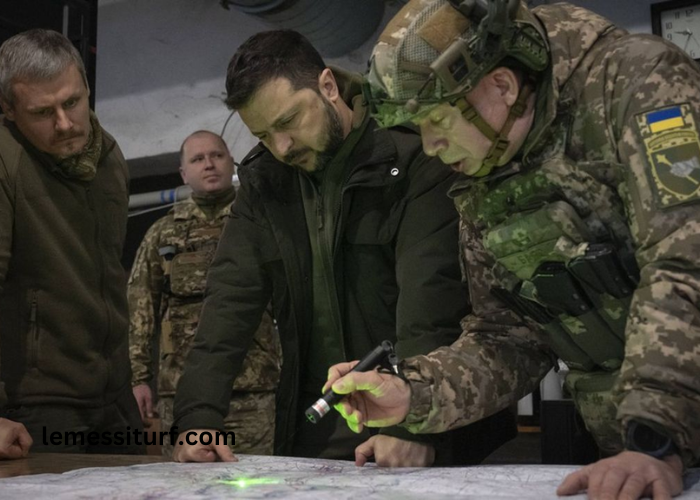In recent years, the ongoing conflict in Ukraine has captured the attention of the world, sparking debates, discussions, and diplomatic efforts aimed at resolving this complex and multifaceted crisis. From its origins to the current state of affairs, understanding the intricacies of the war in Ukraine requires a nuanced exploration of historical, political, and social factors at play.
The Historical Context
To comprehend the war in Ukraine, one must delve into the historical backdrop that has shaped the country’s trajectory. Ukraine’s rich tapestry of culture, language, and identity has long been influenced by its tumultuous past, marked by centuries of foreign rule, territorial disputes, and ideological divisions. The legacy of Soviet rule looms large, leaving behind a legacy of political instability, economic hardship, and social upheaval.
The Euromaidan Revolution
The seeds of the current conflict were sown during the Euromaidan protests of 2013-2014, when thousands of Ukrainians took to the streets to voice their desire for closer ties with the European Union and an end to government corruption. What began as a peaceful demonstration soon escalated into a full-fledged revolution, culminating in the ousting of President Viktor Yanukovych and the installation of a new government.
The Annexation of Crimea
Against this backdrop of political upheaval, Russia seized the opportunity to assert its influence in the region, annexing Crimea in March 2014. The move was met with international condemnation, leading to sanctions and diplomatic isolation for Russia. Yet, despite calls for the restoration of Ukrainian sovereignty, Crimea remains under Russian control to this day, serving as a symbol of the ongoing tensions between Ukraine and its powerful neighbor.
The Conflict in Eastern Ukraine
Meanwhile, in the eastern regions of Donetsk and Luhansk, pro-Russian separatist movements emerged, fueled by grievances over perceived discrimination and neglect by the central government in Kyiv. These separatist forces, with the backing of Russian military support, launched an insurgency against Ukrainian forces, plunging the region into a protracted and bloody conflict that has claimed thousands of lives and displaced millions more.
International Response and Diplomatic Efforts
The war in Ukraine has prompted a flurry of international diplomacy, with world leaders and organizations seeking to broker a peaceful resolution to the crisis. The Minsk agreements, negotiated in 2014 and 2015, aimed to cease hostilities and implement a roadmap for political reconciliation. However, despite numerous ceasefires and diplomatic initiatives, the conflict remains unresolved, with sporadic outbreaks of violence continuing to destabilize the region.
Humanitarian Crisis and Global Implications
Beyond the geopolitical ramifications, the war in Ukraine has exacted a heavy toll on the civilian population, with widespread displacement, infrastructure damage, and humanitarian suffering. The plight of internally displaced persons, refugees, and vulnerable communities has underscored the urgent need for humanitarian assistance and international solidarity.
Moreover, the conflict in Ukraine has reverberated across the globe, shaping international relations, security dynamics, and geopolitical alliances. From the resurgence of Cold War-era tensions between Russia and the West to the broader implications for regional stability and global security, the war in Ukraine remains a focal point of geopolitical analysis and strategic planning.
Looking Ahead: Paths to Peace and Reconciliation
As the war in Ukraine enters its eighth year, the path to peace and reconciliation remains fraught with challenges and uncertainties. While diplomatic efforts continue to offer a glimmer of hope for a resolution to the conflict, deep-seated divisions, geopolitical rivalries, and vested interests threaten to derail progress at every turn.
Yet, amidst the complexities and obstacles, there remains a shared imperative to seek a peaceful and sustainable solution to the crisis in Ukraine. Whether through renewed diplomatic engagement, grassroots reconciliation efforts, or international mediation, the quest for peace must remain a paramount priority for all stakeholders involved.
Conclusion
In conclusion, the war in Ukraine represents a complex and multifaceted crisis with far-reaching implications for the region and the world at large. From its historical roots to its contemporary manifestations, understanding the dynamics of the conflict requires a nuanced appreciation of the historical, political, and social factors at play. As the international community grapples with the challenges of resolving this protracted conflict, the imperative to seek peace and reconciliation remains as urgent as ever.
